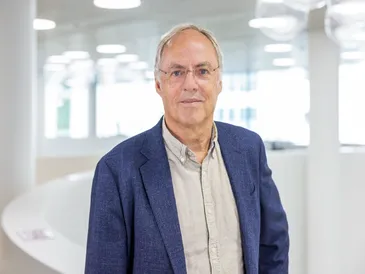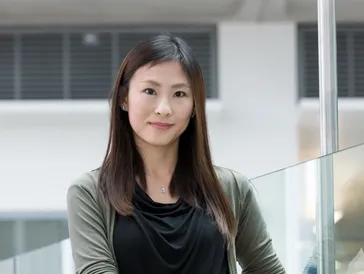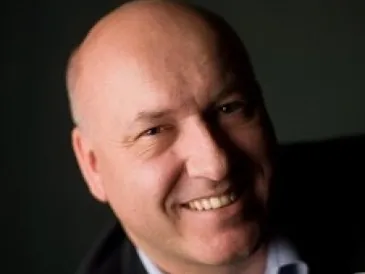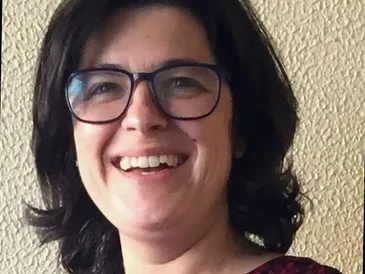Join us at our new premises in Cambridge to celebrate World Organoid Research Day (WORD) on 22nd March 2023.
We will be joined by local companies also working in the organoid sector, such as CN Bio, Eppendorf and more to be announced shortly.
Our in-person event brings together suppliers, and industrial and academic customers for a series of talks centered around the latest advances in organoid and spheroid research. We will also be having an exhibitor showcase and live-streaming the talks from Organoidspheroid.com
The day will conclude with beers, pizza and an opportunity for networking.
Register below to secure your space!
Key details
When: Wednesday, 22nd March 2023 (timing TBC)
Where: Qkine, 1 Murdoch House, Cambridge, CB5 8HW. (There is parking available onsite)
Agenda: TBC
Please fill in your details in the form to register for this event.
By registering for this event, you consent to video and photography being taken on the day. If you would prefer to not be included, please notify a team member on the day.
WORD online event
In addition to our in-person event, Organoidspheroid.com will be holding a 24-hour free online event with talks from over thirty leading researchers. Please find a highlighted speaker list below and register now by clicking here.





